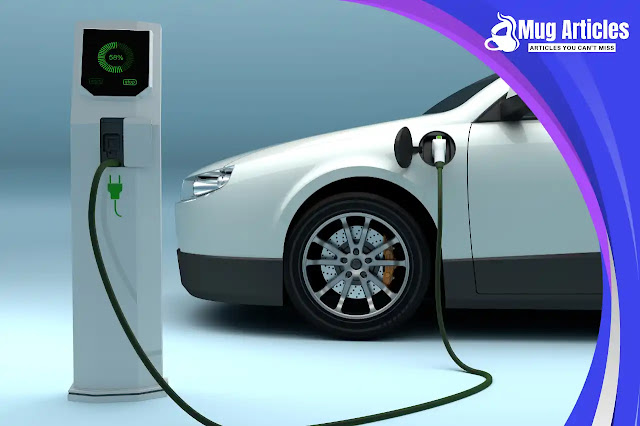India’s government is pushing people to adopt electric vehicles, and insurers forecast this move to become a significant segment in the future. Every driver must have insurance coverage whether your car is a fuel-powered or electric vehicle in the country. Last year, in March, the Insurance Regulator, alongside the Indian Development Authority, announced that all insurers must give a 15% discount on EVs to encourage more people to invest in these cars. The insurers responded positively to the announcement with Adarsh Agarwal, a Digital General Insurance’s actuary, claiming that EV insurance has good potential and is an excellent deal for insurers thanks to the lower risk than fuel-powered cars.
Adarsh explained his theory stating that electric vehicles have less exposure on highways, making them a good venture for insurers. However, there is no perfect deal since EVs might face battery theft in some areas, resulting in losses in the insurance sector. The head of Acko Insurance, Animesh Das, highlighted a few functional EVs since the people who are adopting these digital cars are early adopters who are. As a result, an EV being in an accident is lower than traditional vehicles, which makes it an excellent job opportunity for insurers.
IRDAI data shows that the motor business is still leading in the insurance business with a 36.50% share in the 2019-2020 report, with the health sector following with a market share of 30.10%. Current figures suggest that the EV insurance business is similar to the old vehicles. However, with an increase in EV sales in the country, experts forecast a shift in the EV product.
Amitabh Jain, an executive in the insurance business, stated that some of the EV business’s challenging factors include the battery, which represents the most significant part of the EV’s price, and the charger. The insurance business experts are currently thinking of an approach to get permission to offer insurance covers for chargers and batteries.
Tokio Insurance, Subrata Mondal, commented on EV insurance stating that the companies may use the traditional cars’ pricing for the initial stages due to inadequate data on electric vehicles. However, this challenge is solvable with time since insurers will soon get reasonable premium rates. Mondal mentioned the EV parts claiming that they will be more costly compared to traditional car parts. But it won’t stay the same for long since as the volume of EVs increases, the service cost will come down. Additionally, all these factors will be considered as insurers arrive at a premium.
Insurers will play a crucial part in encouraging people to invest in EVs fearlessly without worrying about the damages that may occur and repair costs. And with all sectors working together, India will successfully transition to clean cars.

